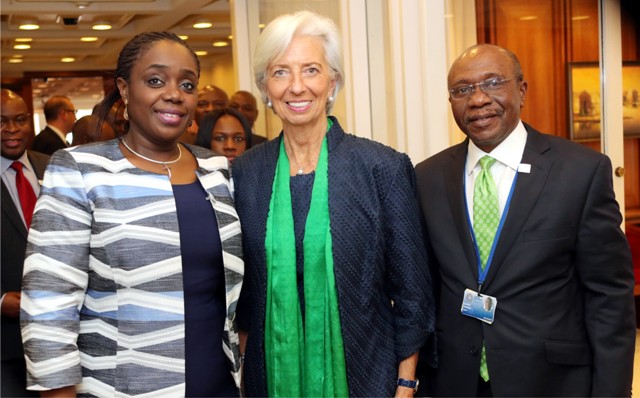Business
FG Makes N346m From Savings Bond – DMO

The Federal Government said it made N345.75 million from sales of savings bond in March and April.
The results of the sales published on website of the Debt Management Office (DMO) yesterday in Abuja, showed that N151.82 million was allotted in March and N193.93 million in the April sales.
N30.52 million was allotted at 10.74 per cent in 110 successful subscriptions to mature in March 2020, while N121.30 million to mature in March 2021 was allotted at 11.74 per cent in 164 successful bids.
Also N64.92 million was allotted at 10.75 per cent with 144 successful subscriptions to mature in April 2021, while N129.01 million was allotted at 11.75 per cent in 177 successful bids to mature in April 2021.
The Tide source reports that savings bond issuance is expected to help finance the nation’s budget deficit.
The bond issuance is part of the Federal Government’s programme targeted at the lower income earners to encourage savings and also earn more income (interest), compared to their savings accounts with banks.
The bonds are debt securities (liabilities) of the Federal Government, backed by its ‘full faith and credit.’
Interests are to be paid at regular periods and principal repaid at maturity.
The bonds have a tenure of between two to three years and a minimum size of investment of N5, 000 and maximum of N50 million.
The bond is aimed at deepening national savings culture, diversifying funding sources for the government and providing opportunity to all citizens, irrespective of income level to contribute to national development.
It will also enable all citizens to participate and benefit from the favourable returns available in the capital market.
Business
AFAN Unveils Plans To Boost Food Production In 2026
Business
Industrialism, Agriculture To End Food Imports, ex-AfDB Adviser Tells FG
Business
Cashew Industry Can Generate $10bn Annually- Association
-
Politics10 hours ago
Bayelsa APC Endorses Tinubu For Second Term
-
Business9 hours ago
Industrialism, Agriculture To End Food Imports, ex-AfDB Adviser Tells FG
-
Business10 hours ago
Cashew Industry Can Generate $10bn Annually- Association
-
Rivers10 hours ago
Rivers Police Commissioner Condemns Vigilante Group Over Aluu Attack
-
Politics10 hours ago
Datti Baba-Ahmed Reaffirms Loyalty To LP, Forecloses Joining ADC
-

 Politics9 hours ago
Politics9 hours agoEFCC Alleges Blackmail Plot By Opposition Politicians
-
Rivers10 hours ago
KALCCIMA Inaugurates New Executive Council … Pledges Renewed Drive For Kalabari Economic Growth
-
Women10 hours ago
Who Is A Classic Woman?

